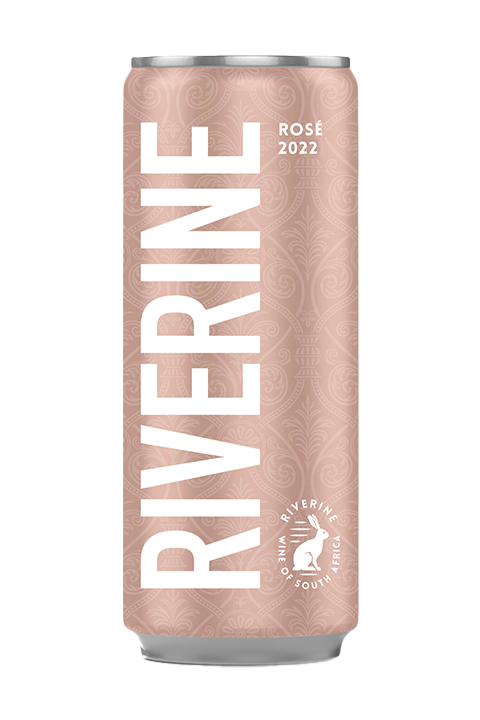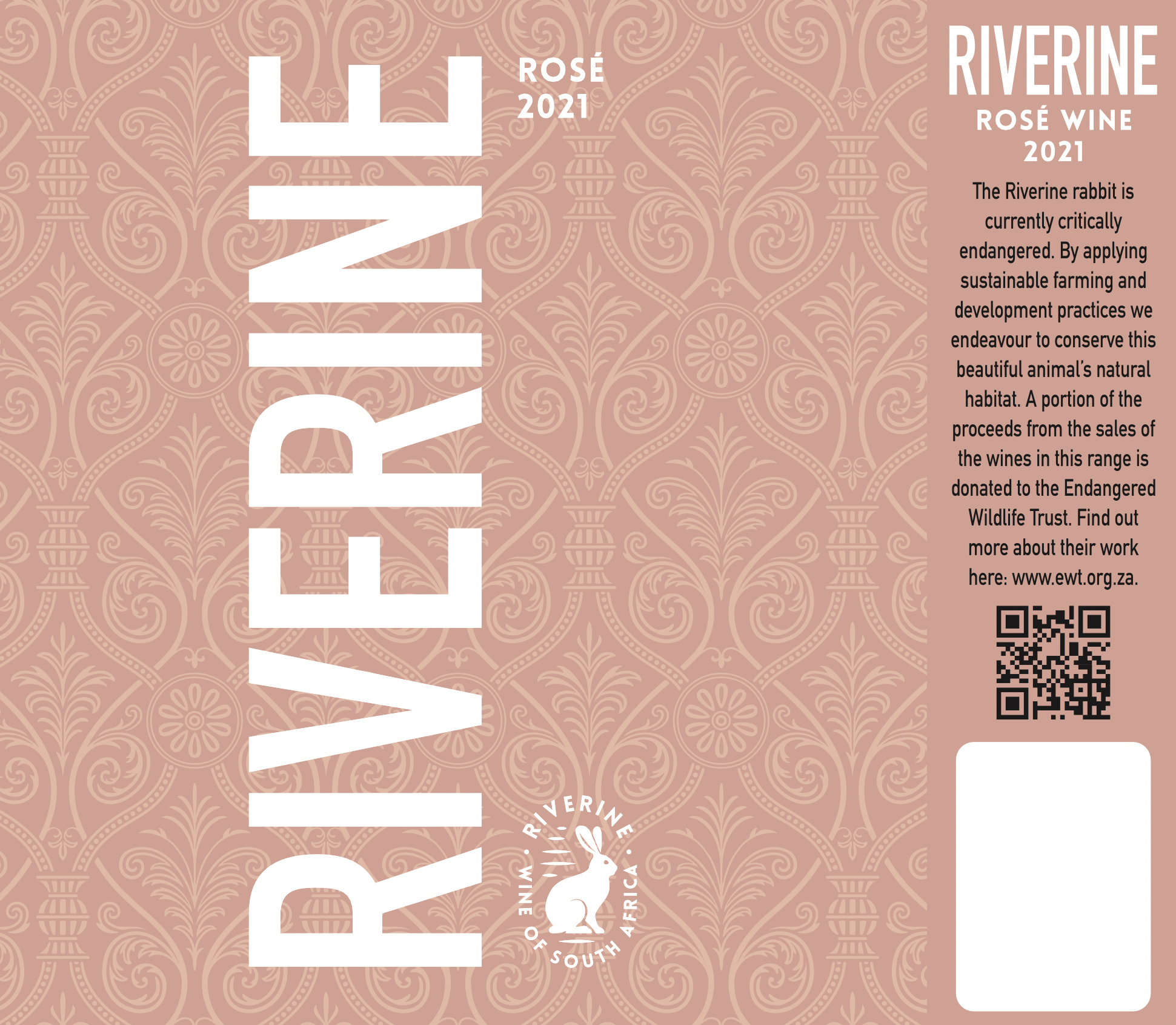
Stats
- Grapes: 100% Grenache
- Vineyard: Knolfontein Vineyard
- Vine Age: 15-20-years-old
- Soil Type: Decomposed granite, shale and ironstone
- Viticulture: Certified biodynamic – dry-farmed
- Fermentation: Inoculated – stainless-steel
- Skin Contact: None – just at the press
- Aging: 6 months in stainless-steel
- Alcohol: 12%
- Residual Sugar: 2 g/L
- pH: 3.6
- Total Acidity: 5.8 g/L
- Total SO2: 90 ppm
- Total Production: 15,000 cans
- UPC: 6009879826937

Tasting Notes
On the palate, this wine is a whirl of strawberry, cranberry, and something herbaceous. Middle-of-the-road acidity and bright red fruit flavors lead to a round, gentle mouthfeel. The finish is clean and tantalizing. For a sensory experience as the winemakers intended, drink well-chilled straight from the can.

